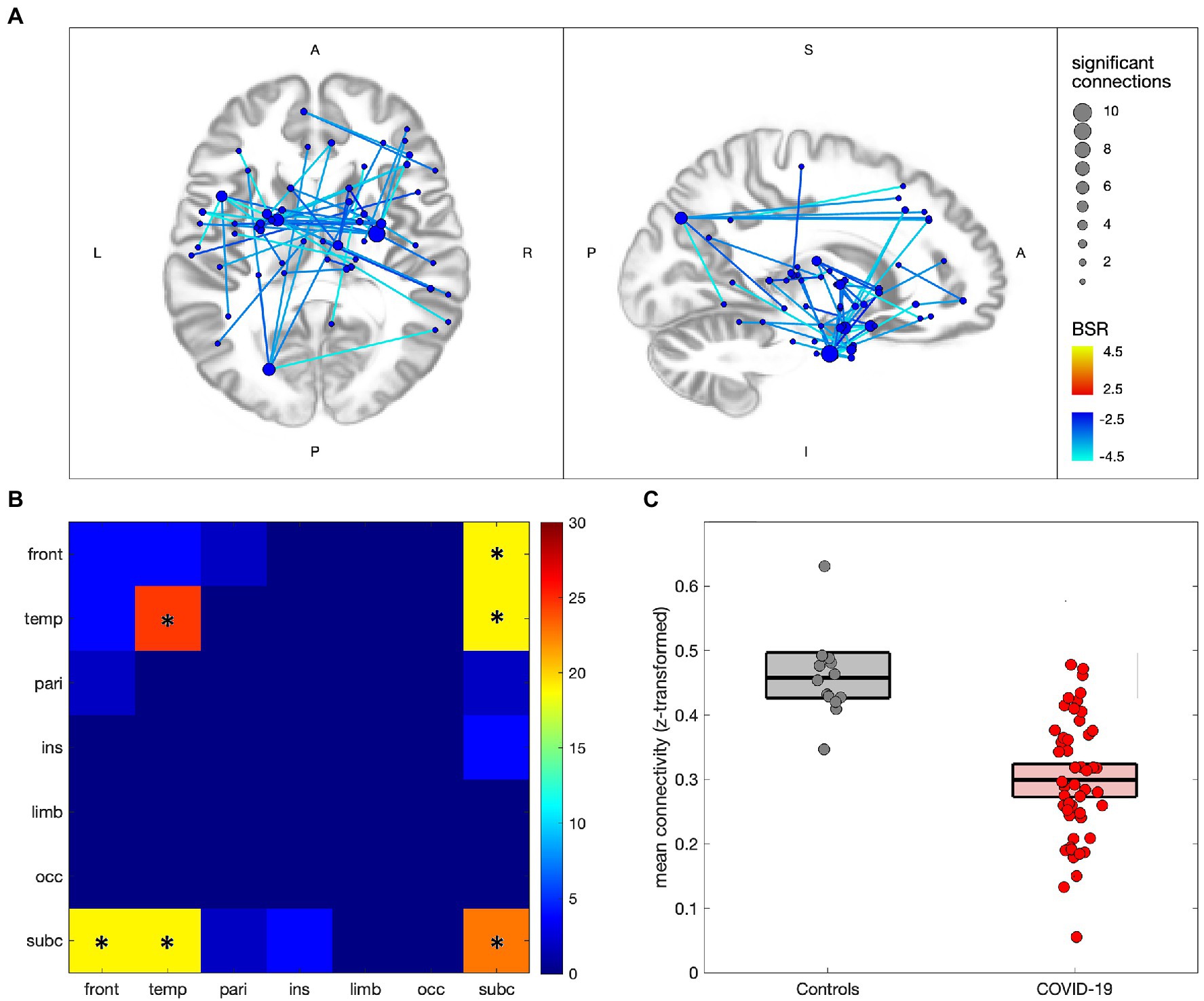NeuroCOVID-19

Long-Haul COVID-19 and the Brain
As the COVID-19 pandemic evolves, it is clear that many people experience persistent symptoms even after recovering from the virus. These \"long-haul\" symptoms, including fatigue, brain fog, and cognitive and psychiatric complaints, which suggest that COVID-19 is having an impact on brain function. Current literature estimates that hundreds of thousands of Canadians and millions worldwide may suffer from these symptoms, which affect daily activities and quality of life.
In collaboration with the Baycrest Centre for Geriatric Care and St. Michael’s Hospital in Toronto, the NeuroCOVID19 project aims to assess the neurological effects of long-haul COVID-19 through:
- Behavioural assessments of sensation, cognition, and emotion.
- Symptom self-reports from participants.
- Electroencephalography (EEG) to measure brain electrical activity.
- Magnetic resonance imaging (MRI) to examine brain structure and function.
If you are interested in becoming a participant in the NeuroCOVID-19 study, please reach out to .
Recent Publications
Frontiers in Neurology, 15, 1432450. https://doi.org/10.3389/fneur.2024.1432450
Behavioural Brain Research, 469, 115045. https://doi.org/10.1016/j.bbr.2024.115045
Brain and Behavior, 13(11). https://doi.org/10.1002/brb3.3212
Human Brain Mapping, 44(10), 3998–4010. https://doi.org/10.1002/hbm.26322
Frontiers in Neurology, 14. https://doi.org/10.3389/fneur.2023.1136408
Journal of Magnetic Resonance Imaging, 58(2), 593–602. https://doi.org/10.1002/jmri.28555
CMAJ Open, 9(4), E1114–E1119. https://doi.org/10.9778/cmajo.20210023